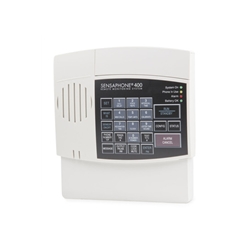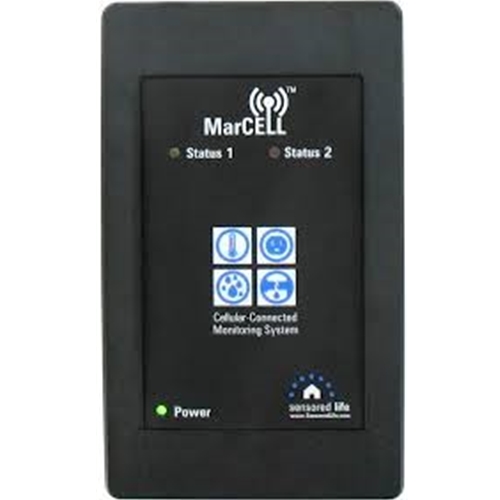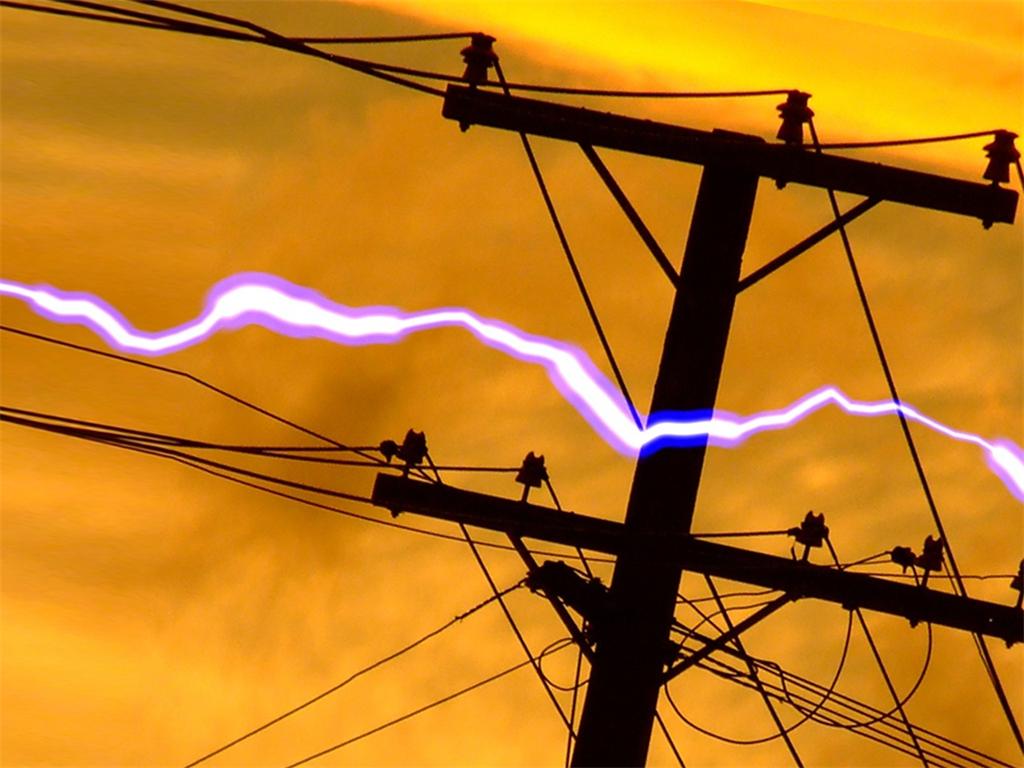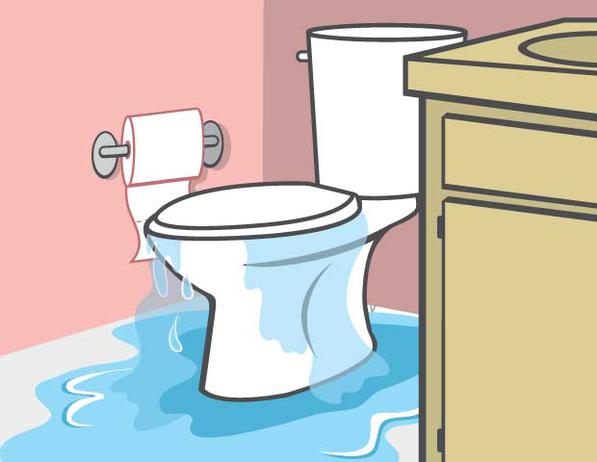While power outages tend to be more common during the summer months, the fact is that power systems and equipment are vulnerable year round. The impact of a power outage can range from minor inconveniences like no lights or TV to more critical situations like food spoilage, dehydration, inoperable medical devices and no running water or air conditioning.
With peak hurricane season in full swing until the end of November, bringing with it dramatic and dangerous weather, now is the time to review your preparations or put a basic power outage plan in place if you don’t have one. In the event of a power failure, responding quickly can help minimize damage to your home or business. So make sure a power outage alarm is at the top of your “must have” list.
The Benefits of Power Outage Alarms
For families who work, travel or have unoccupied vacation homes, as well as business owners whose offices or commercial buildings are left vacant after hours, a power outage alarm is the sure-fire way to be alerted whenever there’s a power failure. It sends you a notification in the form of a local alert (audible or light) or a remote notification such as a call, email or text message so you can address potential problems..Â
You may choose to do nothing other than call the utility company to find out how long the power will be out. But even that information can help you make informed decisions and take appropriate next steps, especially if the electricity will be off for days, rather than hours.
Many manufacturers of power outage alarms make multi-functional units that do more than monitor the electrical supply to a home or office building. These power outage alarms can be used in a variety of ways, including:
- Refrigerator and freezer monitoring
- Generator monitoring
- Sump pump monitoring
- Computer equipment monitoring
- Heating and A/C system monitoring
- Chemical storage monitoring
- Fish tank and aquarium monitoring
- Security system monitoring (if no battery backup)
Regardless of the application, be sure to choose a model that has a long-life backup battery for prolonged operation.
A Simple Solution: Local Alerts
Local alarms are ideal for when you are home or at work but may not immediately notice that there is no power. The Power Failure Alarm / Failed Circuit Alarm notifies you of a power outage with an 85 to 90 dB buzzer. Reliance Controls PowerOut Power Failure Alarm and LED plugs into any 120V outlet or power strip. When the power fails, the PowerOUT emits a pulsing alarm, about as loud as a travel alarm clock, and illuminates three built-in, ultra-bright LEDs to provide safety lighting.
For home or business owners who store large quantities of perishables in refrigerators or freezers, a power outage can have disastrous consequences. The Refrigerator/Freezer Power Outage Alert includes the Dakota Alert 4000 Universal Transmitter, DCR-4000 Duty Cycle Receiver, and a PLS-110VAC 120VAC Power Loss/Outage Sensor. When there is a loss of power, the transmitter sends a signal to your receiver up to 2,500 feet away.
Remote Alarms Require Connectivity
A remote power outage alarm sends a notification when you are away via phone, email and/or text message. Many units also sound an audible siren and are multi-functional, monitoring for other conditions such as temperature and water leakage. Prices vary based on functionality and most models have battery backup.
This type of power outage alarm requires connectivity to communicate, so you will need to choose a model that is compatible with the communication connectivity service available at your home or business. Options include a landline phone connection or a cell phone signal.Â
Landline Phone Connection
 If your home or business has a landline* phone connection, there are several power outage alarms to choose from. The HomeSitter is one of the lowest-cost alarms on the market. It will call up to three phone numbers and protect your home against power outages, temperature extremes and sump pump failures. The Freeze Alarm Dialer Pro and Temp Alarm Dialer Pro are popular power outage and temperature alarms that allow you to call in for real-time updates on temperature, power and battery status. Like the HomeSitter, they call up to three phone numbers and monitor for hot or cold temperatures.
If your home or business has a landline* phone connection, there are several power outage alarms to choose from. The HomeSitter is one of the lowest-cost alarms on the market. It will call up to three phone numbers and protect your home against power outages, temperature extremes and sump pump failures. The Freeze Alarm Dialer Pro and Temp Alarm Dialer Pro are popular power outage and temperature alarms that allow you to call in for real-time updates on temperature, power and battery status. Like the HomeSitter, they call up to three phone numbers and monitor for hot or cold temperatures.
For a truly multi-functional phone alarm, choose a model with inputs for optional sensors to monitor for break-ins, humidity, smoke and flooding. The best-selling Sensaphone CottageSitter 400 has four sensors including one that monitors temperature where the unit is installed. The Sensaphone 400 can notify up to four people by making voice phone calls and continues to make calls until someone responds. You also can use it to set off a local alarm when the phone line is cut or unplugged.
*Note that some digital phone services (digital cable phone service, VOIP, DSL phone service) require uninterrupted power to operate which means that the power outage alarm may not be able to call out during a power failure. Check with your phone service provider with any questions.
Cellular Phone Connection
Cellular power outage alarms offer the advantage of continuing to operate even when extreme weather or other types of damage cause telephone lines to go down. The MarCELL Cellular Connected Monitoring System is a cell phone based product that monitors the power status, temperature and humidity in your home, business or vacation property. It sends text, email and phone call alerts so you can monitor your home or business from any computer, Smartphone or tablet. And you now have a choice of cellular carriers — AT&T or Verizon!
A Power Outage Alarm is a Wise Investment
Investing in a power outage alarm is a wise decision for home and business owners alike. It can help prevent a range of costly problems, from vandalism and freezing pipes to flooding caused by a sump pump failure. These alarms can also be lifesaving for people with health issues who are dependent on powered equipment, or for any situation where a nighttime power failure can result in an emergency. Shop our wide selection of local and remote alerts, or call us anytime for advice on choosing the best alarm for your needs.




